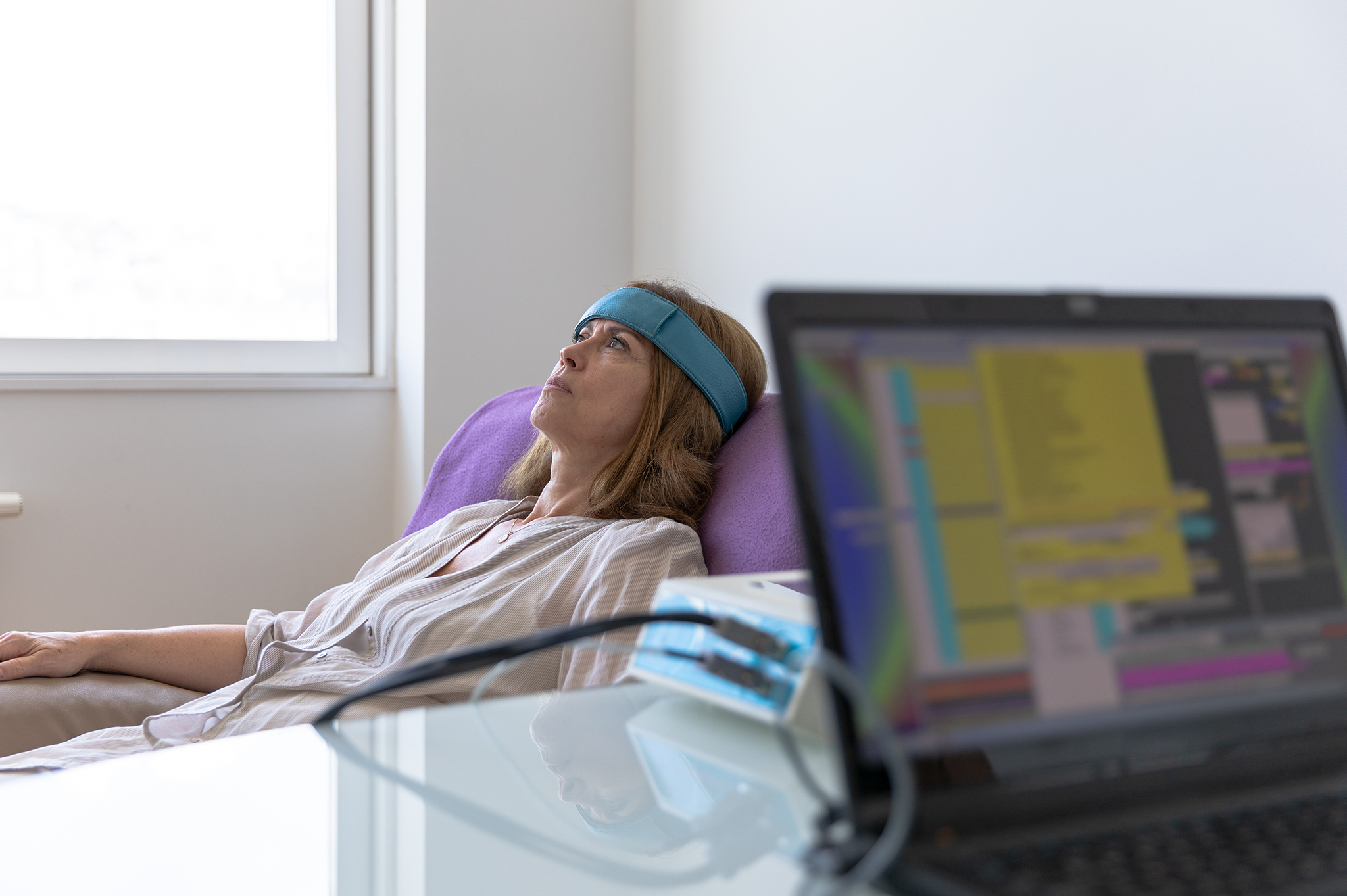Biofeedback Devices: The Future of Personal Health Monitoring
In this article, we will delve into the world of biofeedback devices, exploring their functionalities, benefits, and implications for the future of personal health monitoring.

In today's digital age, the landscape of personal health monitoring is rapidly evolving, thanks to the advent of biofeedback devices. These innovative gadgets offer users real-time data on a variety of health metrics, empowering individuals to take control of their well-being like never before. In this article, we will delve into the world of biofeedback devices, exploring their functionalities, benefits, and implications for the future of personal health monitoring.
Understanding Biofeedback Technology

Biofeedback technology involves the use of electronic sensors to monitor physiological functions and provide users with real-time feedback on various health metrics. These devices can track a wide range of parameters, including heart rate, blood pressure, respiration rate, skin temperature, and more. By measuring and analyzing these metrics, biofeedback devices enable users to gain valuable insights into their health status and make informed decisions about their lifestyle and habits.
Types of Biofeedback Devices
There are several types of biofeedback devices available on the market, each designed to monitor specific health metrics and cater to different user needs. Some common types of biofeedback devices include:
Wearable Fitness Trackers:
- These devices typically come in the form of wristbands or smartwatches and use built-in sensors to track metrics such as heart rate, activity levels, and sleep patterns.
Smart Scales:
- Smart scales utilize bioelectrical impedance analysis (BIA) to measure body composition metrics like body fat percentage, muscle mass, and water weight.
Heart Rate Monitors:
- These devices can be worn on the chest or wrist and provide continuous monitoring of heart rate during physical activity or rest.
Blood Pressure Monitors:
- Blood pressure monitors measure systolic and diastolic blood pressure levels, helping users track their cardiovascular health over time.
Benefits of Biofeedback Devices
Biofeedback devices offer numerous benefits for personal health monitoring, including:
Early Detection of Health Issues:
- By providing real-time data on key health metrics, biofeedback devices can help users detect potential health issues early and take proactive steps to address them.
Customized Health Tracking:
- Many biofeedback devices offer customizable tracking features that allow users to monitor specific metrics relevant to their health goals and objectives.
Motivation and Accountability:
- The feedback provided by biofeedback devices can serve as a source of motivation and accountability, encouraging users to stay active, maintain healthy habits, and achieve their wellness goals.
Integration with Digital Health Platforms:
- Biofeedback devices often integrate seamlessly with digital health platforms and mobile apps, allowing users to track and analyze their health data over time and share it with healthcare professionals if needed.
The Future of Personal Health Monitoring
As technology continues to advance, the future of personal health monitoring looks brighter than ever. Innovations in biofeedback technology are enabling the development of increasingly sophisticated devices that offer more comprehensive insights into health and wellness. From wearable patches that monitor hydration levels to smart clothing with embedded sensors that track posture and movement, the possibilities are endless. With continued research and development, biofeedback devices have the potential to revolutionize personal health monitoring and empower individuals to live healthier, more informed lives.
Conclusion
In conclusion, biofeedback devices represent the future of personal health monitoring, offering users real-time data on a wide range of health metrics. From wearable fitness trackers to smart scales and blood pressure monitors, these innovative gadgets provide valuable insights into health and wellness, empowering individuals to make informed decisions about their lifestyle and habits. As technology continues to evolve, the potential for biofeedback devices to improve personal health monitoring and promote overall well-being is limitless.